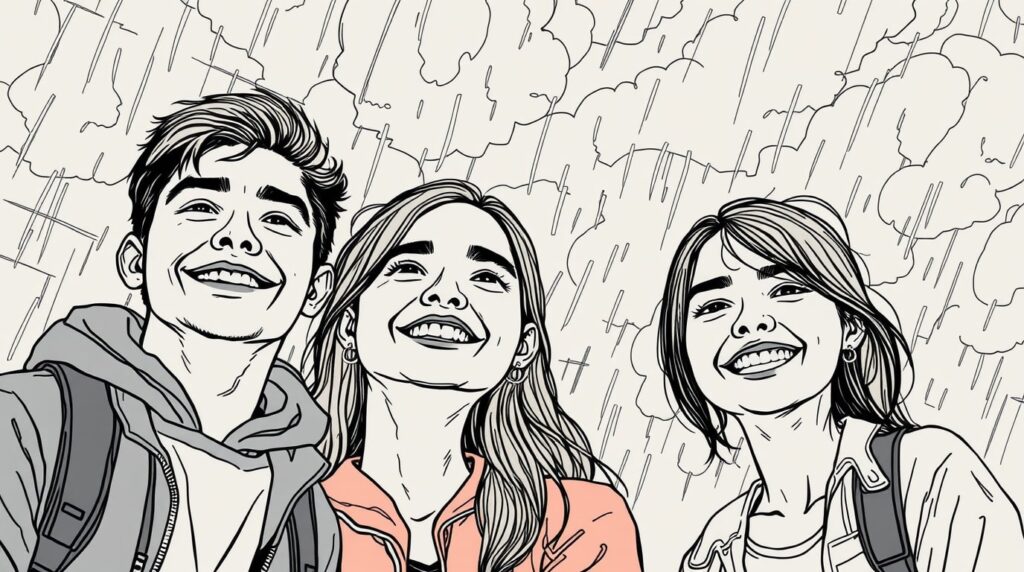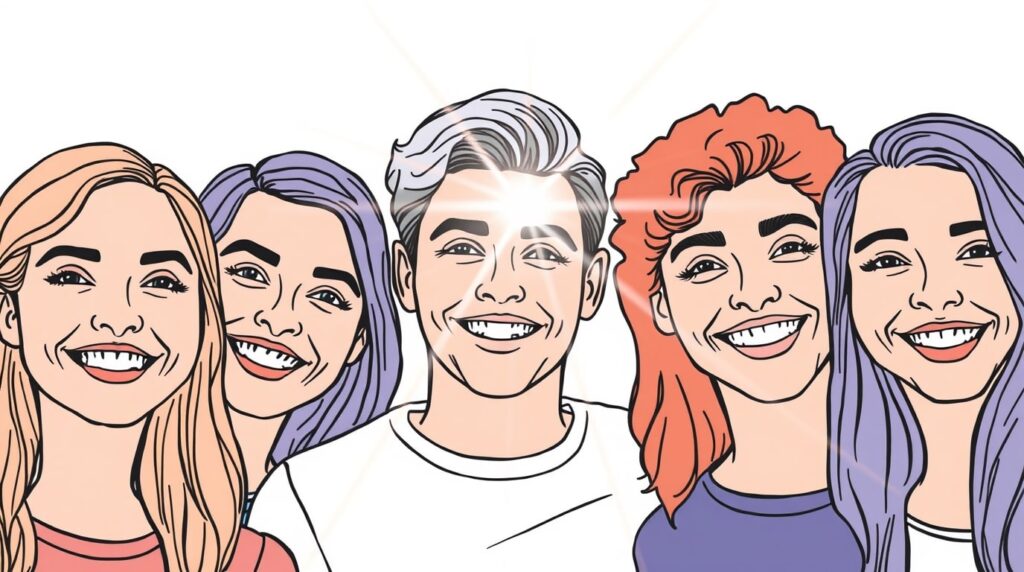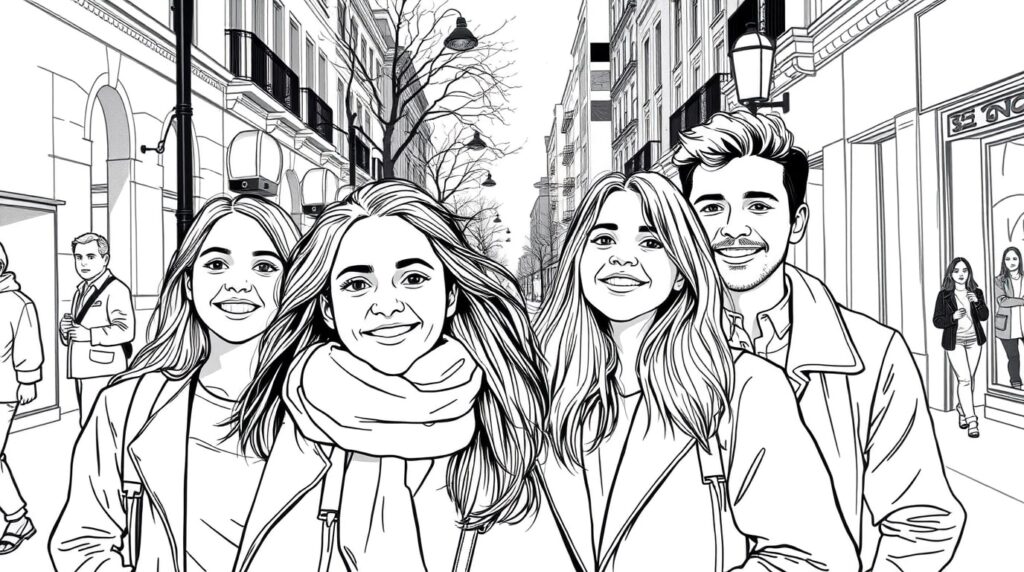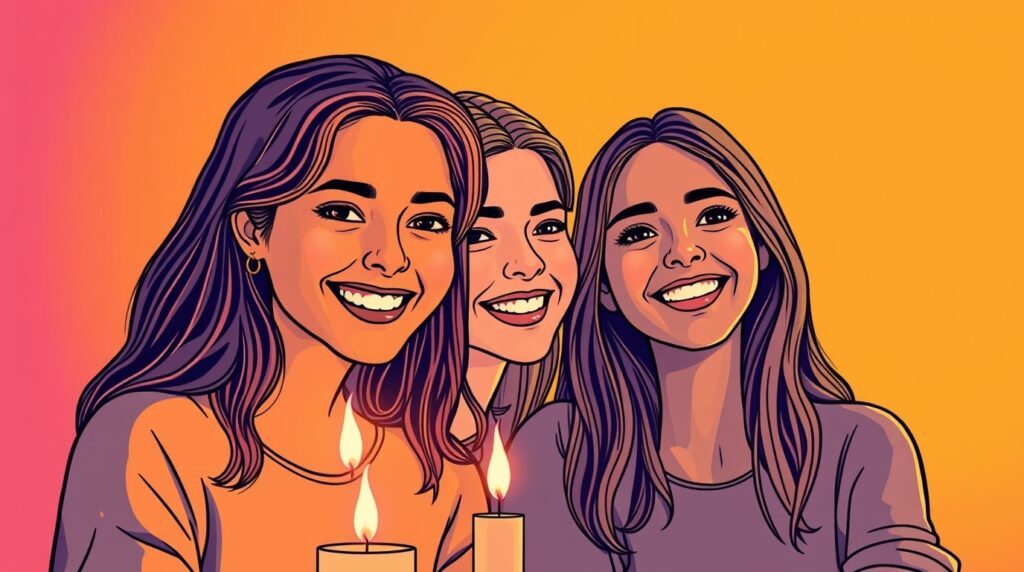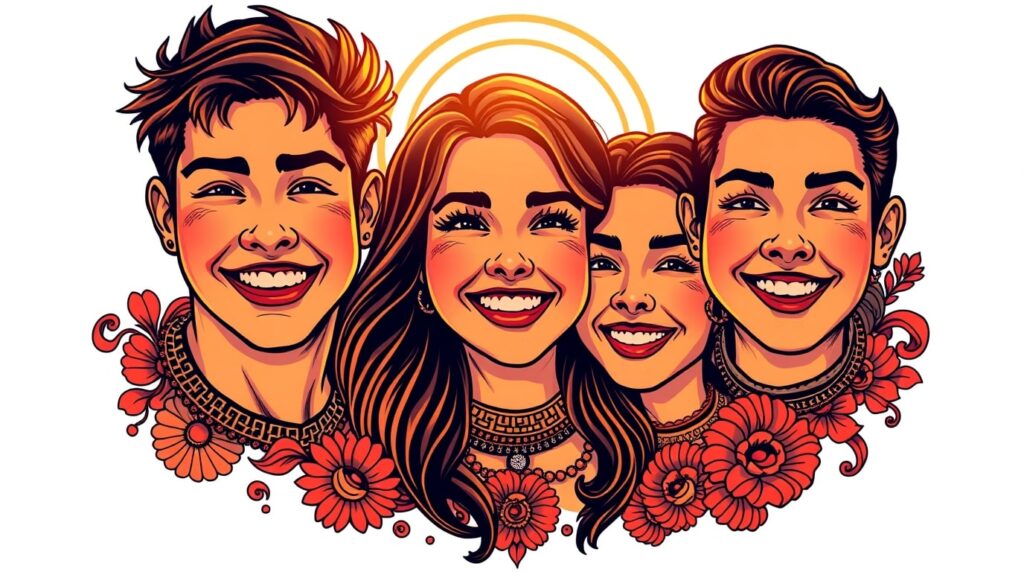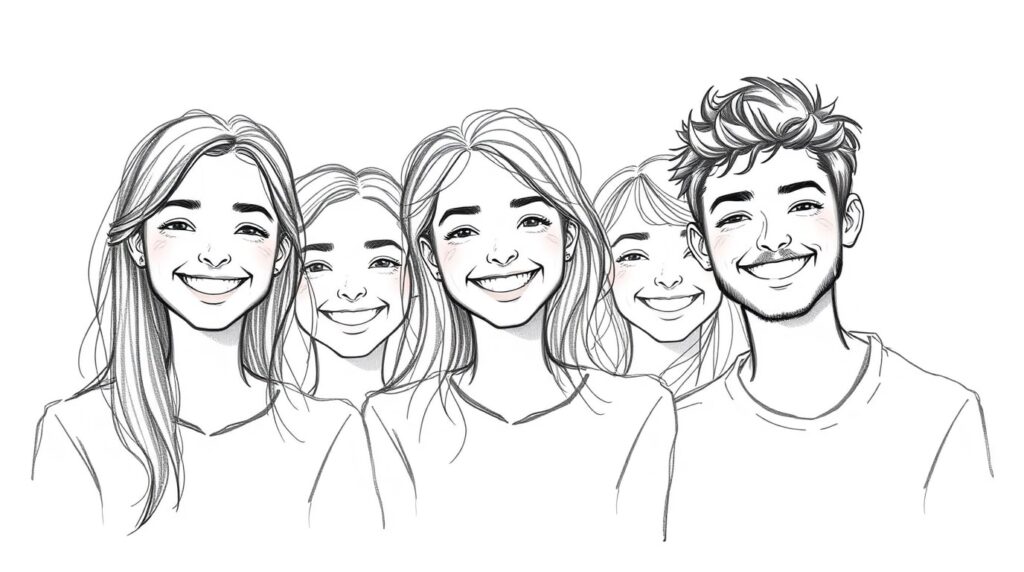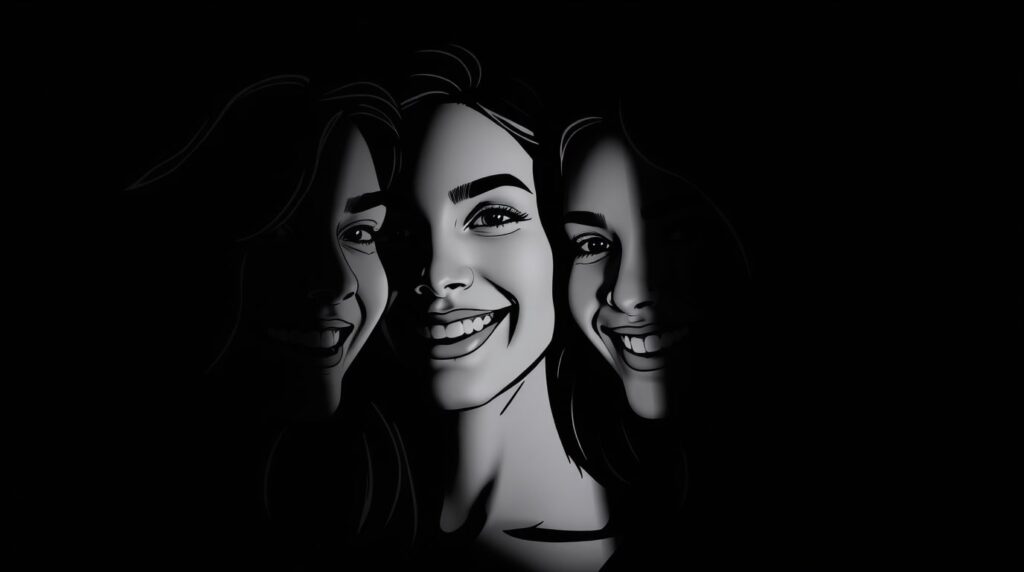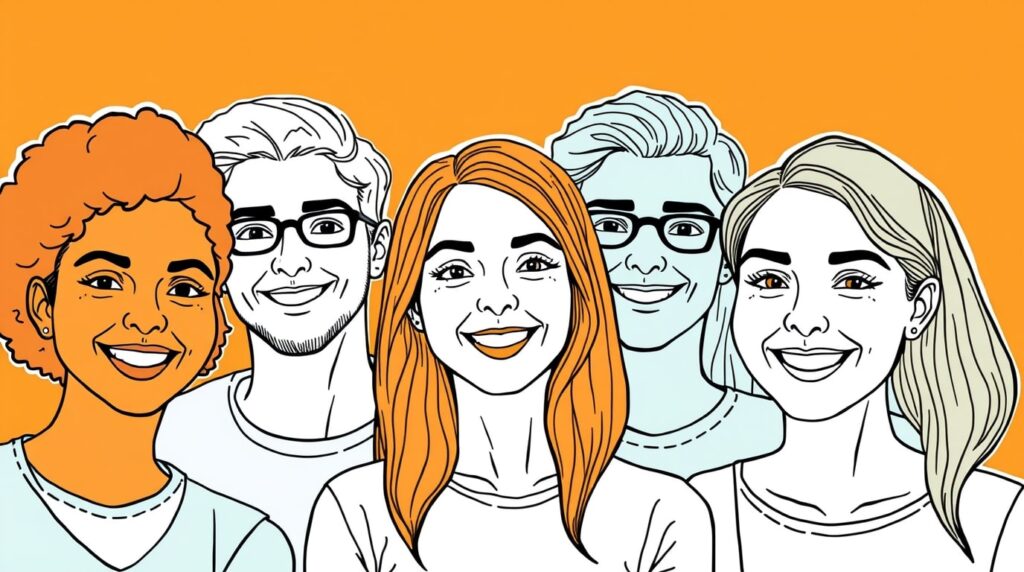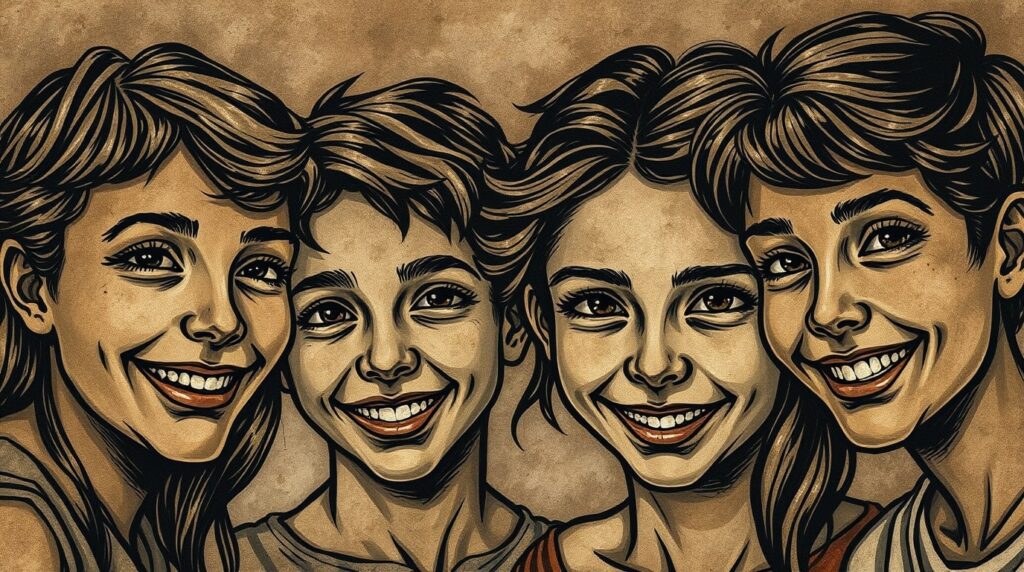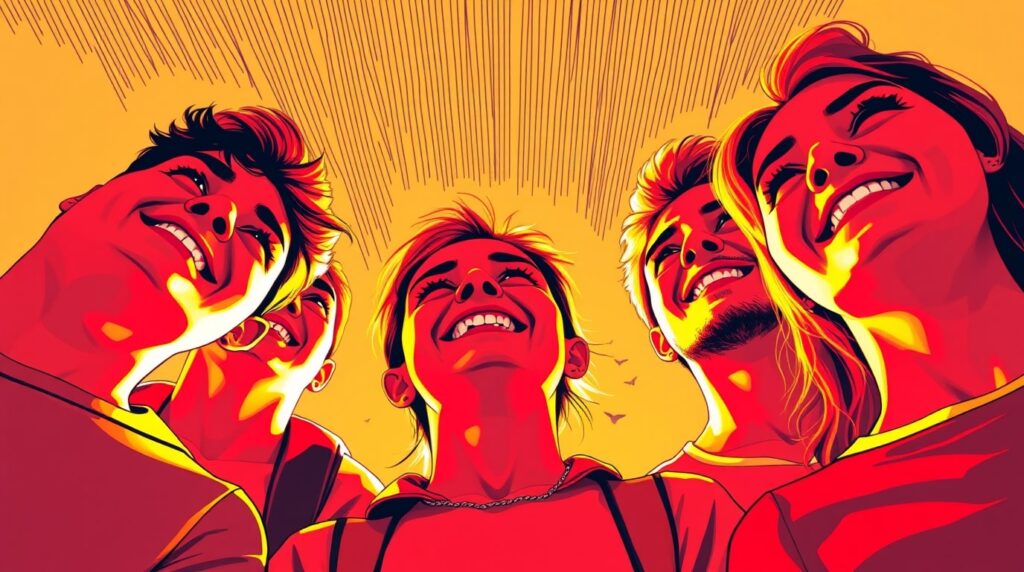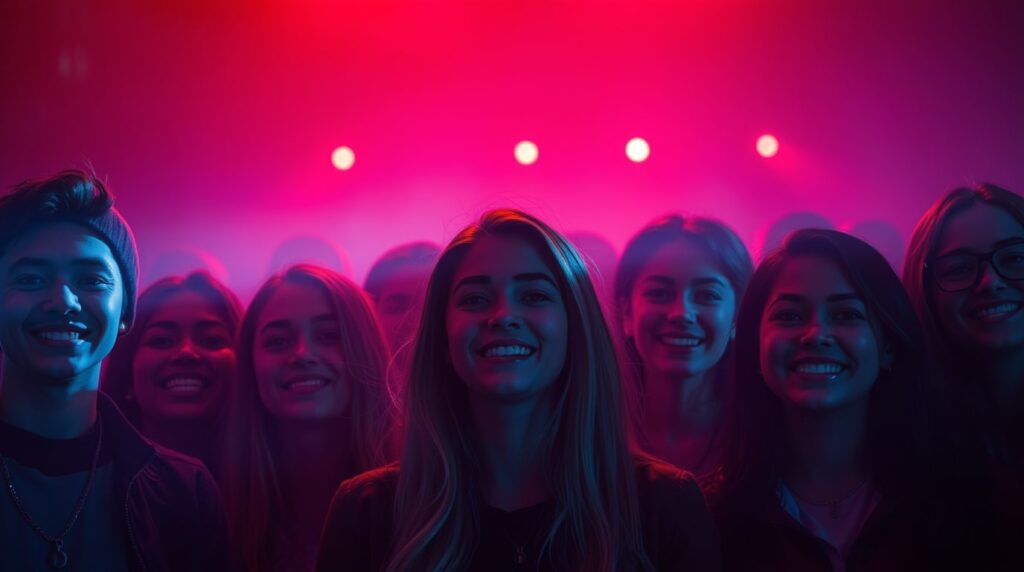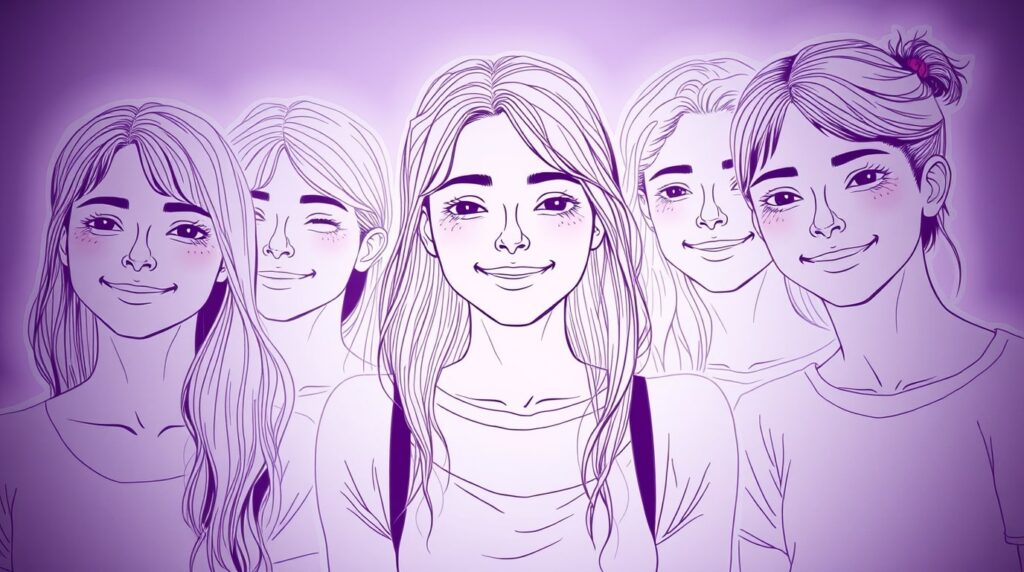Picture this: you’re in high school, trying to ace a calculus test, while secretly Googling, “Do I actually need to know how to calculate the slope of a parabola to become a millionaire?” Spoiler alert: you might not, but Malala Yousafzai would probably argue that education is not just about parabolas. It’s about shaping ethical leaders, critical thinkers, and, dare I say, better texters. Yes, your chaotic group chats could use some ethical upgrades, my friend.
Malala Yousafzai, Nobel Prize-winning activist and international education advocate, firmly believes that education is the backbone of ethical decision-making. And let’s be honest, she’s onto something. In a world where people still think it’s okay to use Comic Sans in professional emails, we desperately need more education, and a side of common sense.
But what’s the link between education and ethics? And how does tech fit into all this? Let’s break it down with a smile, some sarcasm, and a few product recommendations to keep things spicy.
Ethics: The GPS for Life (Unless You Ignore It Like That “Recalculating” Voice)
Think of ethics as the GPS for life. It helps you navigate through moral dilemmas, like whether to report your neighbor’s dog for stealing your Amazon package (no, really, Fluffy, it’s not cool). Malala’s fight for education wasn’t just about reading books, it was about empowering young people to make decisions that are not only smart but also kind.
Now, imagine this: you’re sitting in a classroom with a shiny iPad Pro in hand, using apps like Duolingo to learn a new language or GoodNotes to organize your thoughts. These tools don’t just make learning fun; they make it accessible. Malala’s dream of global education isn’t far-fetched when you’ve got tech like this. Heck, you can even download ethics courses from Coursera while binge-watching cat videos. Multitasking, baby!
The Malala-Tech Connection: Gadgets for Growth
Malala’s journey from Swat Valley to global stages is a testament to how education can break barriers. And guess what? Technology is her bestie. Imagine if Malala had the latest MacBook Air or an Amazon Kindle during her early days of activism. She’d probably have written her autobiography, I Am Malala, in half the time and still had room for some Netflix downtime.
Young adults today have access to gadgets that Malala could only dream of as a kid. Here are some tools that can help you level up your learning, and maybe even your ethics:
- Noise-Canceling Headphones: Block out distractions while studying. Whether it’s Bose or Sony, these bad boys will help you focus on The Ethics of Aristotle instead of your roommate’s TikTok obsession.
- Smart Notebooks: Products like Rocketbook let you write notes, digitize them, and save trees. Malala would totally approve, she’s all about sustainability.
- E-Learning Platforms: Platforms like Udemy and Khan Academy offer free or affordable courses. Think of them as the Robin Hood of education: stealing knowledge from the elite and sharing it with everyone.
- AI Study Buddies: Tools like Grammarly and ChatGPT (hi, it’s me!) can help you write essays with fewer existential crises. Plus, who wouldn’t want a study buddy that’s available 24/7?
From Textbooks to TikTok: Ethics in the Digital Age
Here’s a fun thought: Malala on TikTok. Would she be doing dance challenges? Probably not. But could she use the platform to talk about education and ethics? Absolutely. In fact, platforms like TikTok and Instagram are becoming classrooms in their own right. Just scroll past the lip-sync videos, and you’ll find creators teaching everything from financial literacy to moral philosophy.
That said, the digital age comes with its own set of ethical dilemmas. Should influencers promote products they don’t use? (Looking at you, magical weight-loss teas.) Should companies track your data without consent? Education equips us to ask these tough questions and demand better answers.
For instance, apps like Notion and Evernote can help you organize your thoughts around these big questions. Use them to jot down your ethical musings or maybe draft that DM to your favorite influencer, asking them to, you know, stop endorsing shady stuff.
Malala’s Message: Empower Yourself and Others
Malala’s story isn’t just about her; it’s about you, me, and everyone with access to learning. It’s about using education to empower yourself and others. And yes, that includes using tech wisely. Let’s ditch the mindless doom-scrolling and focus on apps and tools that actually make us better humans.
So, the next time you fire up your Chromebook or log into a Zoom class, remember Malala’s words: One child, one teacher, one book, one pen can change the world. Add to that list: One Wi-Fi connection, one tablet, one ethics app. You get the idea.
Keep It Ethical, Keep It Fun
Education is not about memorizing dates or calculating parabolas (unless you’re into that, no judgment). It’s about understanding the world and making it better. Malala Yousafzai values education for ethics because she knows it’s the foundation of a kinder, smarter, and more just society.
So go ahead: crack open that Kindle, join that Coursera class, or even start a group chat to discuss why on Earth people still use Comic Sans. The world needs your ethical brilliance, and maybe a little less Comic Sans.
Now, grab your gadgets and go save the world… or at least your group chat.

